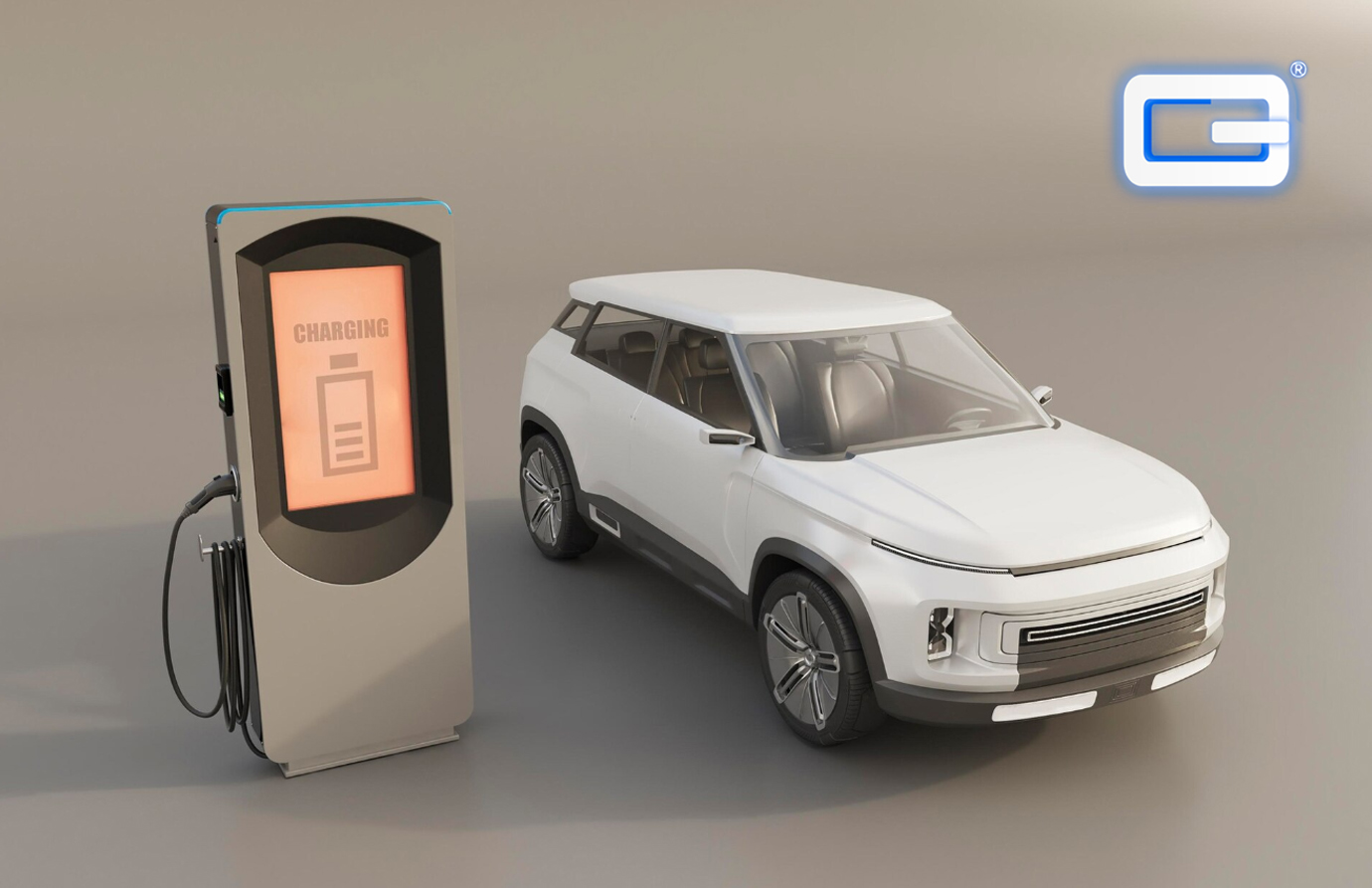As per the International Energy Agency’s (2021) statistics, the total final energy consumption is expected to increase by twenty percent between 2020 and 2050. And we know transportation is one major sector that can drastically reduce fossil fuel energy consumption. Thus, globally, while one set of companies focuses on renewable energy production, other companies focus on the e-vehicle.
Now, if you ask us, do e-vehicles boost the global economy? We would boldly say “YES.” In fact, we have numerous reasons to support this positive momentum. In this article, we’ve briefed some crucial contributors.
Tesla, the role model
According to S&P Global Market Intelligence, Tesla, a leading market player in the automotive industry, had been witnessing a third consecutive profitable ($1.1 billion) year in terms of electric cars. Investors are already delighted and are planning to scale up their investments in the years to come.
When leading global investors are cheered, so are national-level investors. This paves the way for great funding for domestic e-vehicle production. In turn, this accelerates the growth of the country’s economy. When all developing nations are in line, then you can see the global economy flourishing in these terms.
Developing Regulatory Agenda
As the world has seen interest in pure electric vehicles and hybrid vehicles, experts in the auto industry have started their collaboration with regulatory agencies. Together, regulatory control, automotive stakeholders, and battery charging equipment marketers are striving for a demanding agenda for e-vehicle manufacturing and recycling (sustainability). This ensures proper standards, protocols, and norms for this clean transportation segment, thereby raising expectations across the globe.
Why is sustainable energy the key to the future?
Disrupt the Batter Energy Market
By 2050, industry experts are forecasting that about three billion e-vehicles will be on the road. In this case, batteries are expected to upgrade to about three terawatt-hours of capacity. Thus, the growing demand for e-vehicles directly influences the demand for battery energy. A Karabelli et al. (2020) study reveals that by the year 2030, e-mobility demand will start to maximize the boost for battery production. As a result, e-vehicles and batteries as a whole will boost our global economy.
Policies Favoring Growth
Like energy production, e-vehicle manufacturing also needs favorable policies and tax incentives. Norway, for example, despite being a major exporter of oil and gas in Europe, has prioritized climate change and pollution over its income through oil and gas exports. Luckily, they will have an advantage over other countries when electric vehicles largely contribute to the country’s economy.
Did you know? In the first half of 2021, Norway experienced an 83% hike in passenger electric vehicles. And one of the recent United States news entities reported the President’s announcement of Norway’s similar policies.
Outlook
Besides providing an enormous boost to the growth of the global economy, e-vehicles contribute to the environment. Indeed, what we give back to the environment by promoting sustainable solutions is far more valuable than economic growth.




